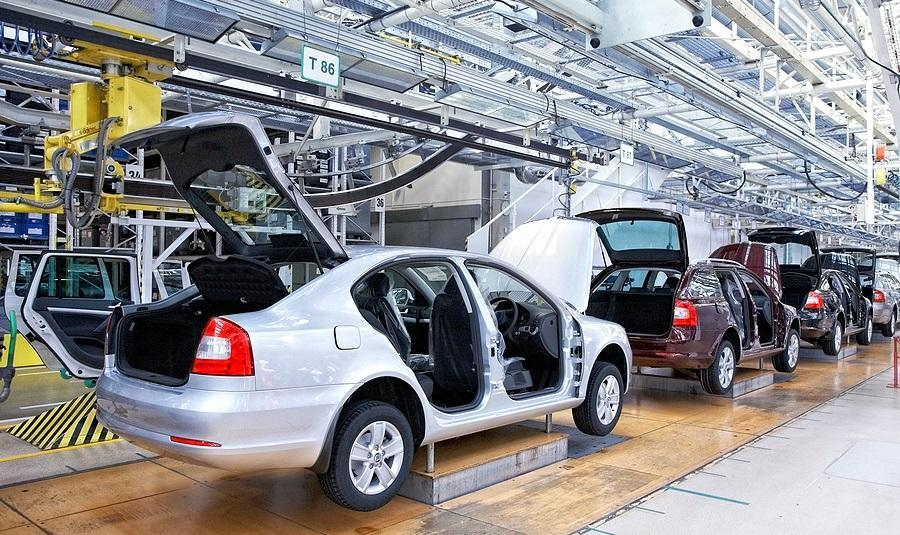Analysis

March 11, 2021
Chip Shortage Continues to Impact U.S. Auto Output
Written by Michael Cowden
The semiconductor shortage that forced General Motors to extend assembly plant outages continues to impact production at other North American automakers as well.
Case in point: Toyota’s Tundra pickup truck assembly plant in San Antonio, Texas, where it’s not clear how long the production disruption might last.
![]() The chip shortage been an issue for Toyota since the week of Dec. 20. While the problem is no longer new, securing chips remains “a very fluid process,” and the Japanese automaker has limited visibility on how long the issue might last, a company spokesman said.
The chip shortage been an issue for Toyota since the week of Dec. 20. While the problem is no longer new, securing chips remains “a very fluid process,” and the Japanese automaker has limited visibility on how long the issue might last, a company spokesman said.
“Tundra production continues to be curtailed, and we expect this trend for several weeks to come,” he said.
Other outages have been shorter and more localized. Take Mercedes-Benz, which makes the GLS and GLE SUVs as well as the GLE Coupe in Tuscaloosa, Ala.
Because of the “ongoing supply bottleneck” resulting from the chip shortage, the Tuscaloosa plant suspended one day of production last Friday, a company spokeswoman said.
The plant is running again and trying to catch up from the temporary production reductions where possible, she said.
Despite the chip issue slowing automotive production, and spilling into the appliance industry as well, steel prices continue to march higher and to test new all-time highs.
By Michael Cowden, Michael@SteelMarketUpdate.com






